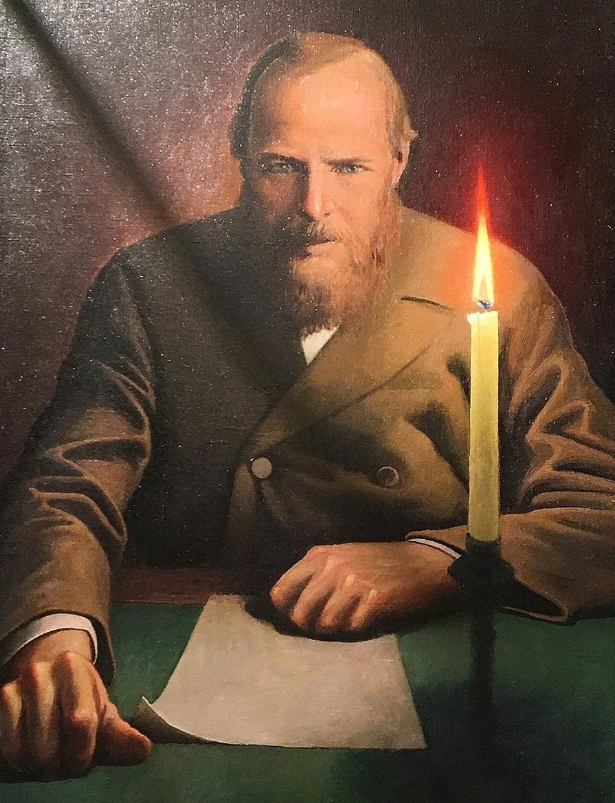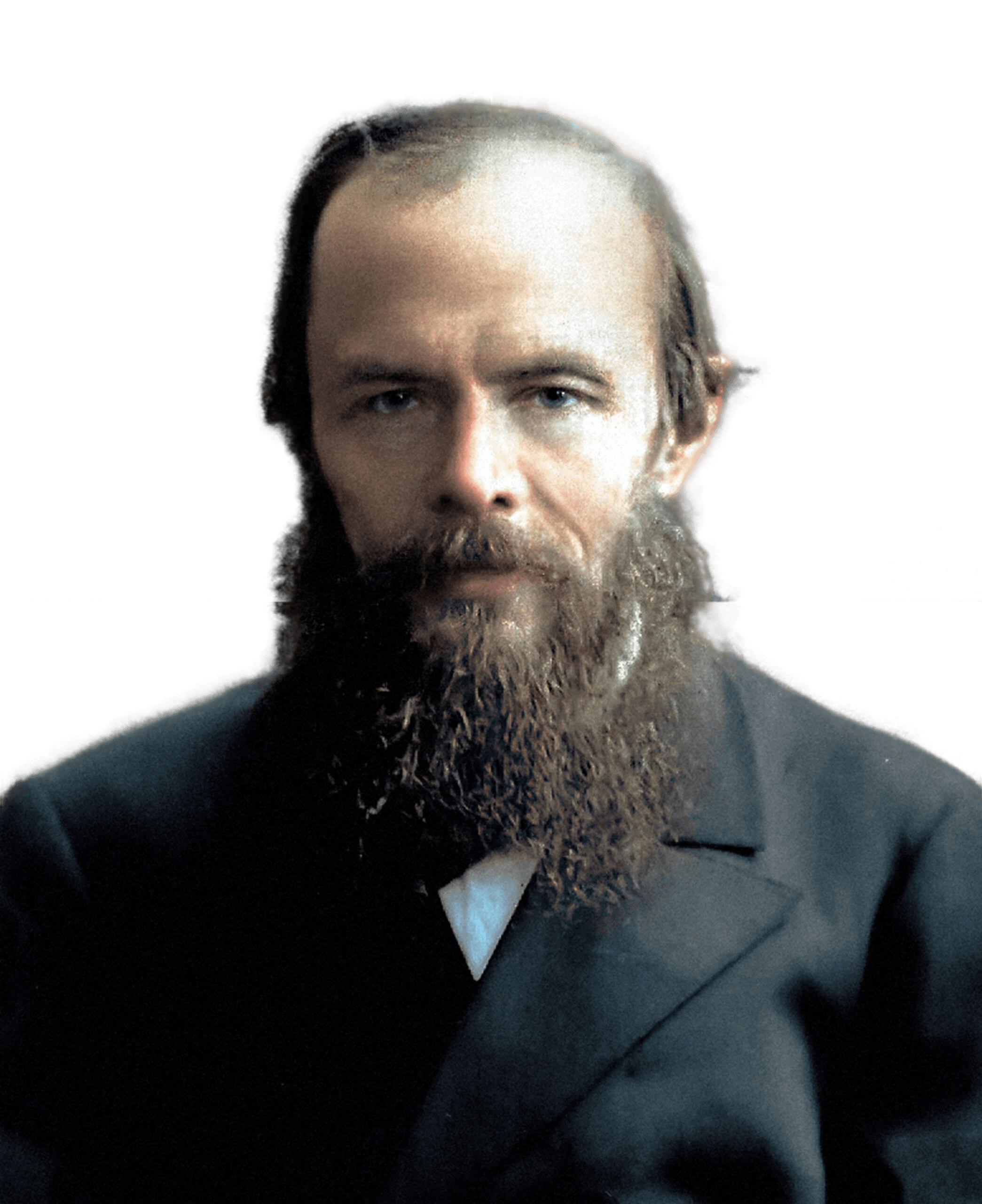
13.01.2023
Dostoevsky’s work is centered around the themes of anthropology, philosophy of history, ethics and philosophy of religion. The central theme of his work is the theme of freedom.
Dostoevsky’s study of freedom is connected with the theme of evil and crime. The leitmotif of the writer’s historiosophical theme is connected with the struggle against socialism, which, in his opinion, is nothing more than the construction of a new Tower of Babel in order to bring “heaven to earth”. One of the most important in his work is the theme of the Russian idea, i.e. the question of Russia’s place in world history.
The theme of the person
Exploring the theme of man, Dostoevsky first of all turns to himself, to his inner feelings and torments, hiding nothing about himself. Dostoevsky’s work is comparable to a confession. This is the soul’s repentance for sins not only committed, but also thought — by the author himself or by someone he knew. NA. Berdyaev believed that Dostoevsky discovers the pangs of conscience at such a depth at which they have not yet been visible, and there, in the very last depth of a person, he discovers the will to commit a crime. Therefore, creatively-. Dostoevsky’s confession is the repentance of one for all. The writer embodied in his own life the principles of love for every person, and for sinners, maybe even in the first place.

The theme of freedom
Dostoevsky studies man in his freedom, and freedom is the basic possession of man. At the same time, as Dostoevsky showed, he possesses not only freedom, subject to moral laws, which consequently becomes one of the types of necessity, but also freedom of arbitrariness, caprice, “stupid will”. The possibility of arbitrariness is a condition for moral choice not to be forced, but really free. Only in this case the person is responsible for his behavior, which, in fact, means to be a person.
Irrationality of human behavior
But even if moral ideals are objective and based on Divine being, the problem of free acceptance of these ideals does not become easier. To resist the free acceptance of the Truth, which in Dostoevsky’s view is Christ himself and His teaching, is the lot of a few. The conclusion from Dostoevsky’s artistic research is as follows: a person’s personality is complex and his actions do not always lend themselves to logical analysis. A person often acts irrationally, despite even his own benefits and benefits, and this also expresses his desire to be free.
A person strives for self-will
Dostoevsky makes a number of discoveries about human nature. It is polar, antinomic and irrational. A person does not necessarily strive for profit. In his self-will, he often prefers suffering. But where does this passion for self-will come from in a person? In Dostoevsky’s religious perception, the answer is this: God and the devil are not just abstract categories of morality, they are mystically present in the world and fight for the souls of people in the heart of every person. Evil cannot be reduced to social causes, but is rooted in the very nature of man. According to N.A. Berdyaev, “evil is the child of freedom.”




